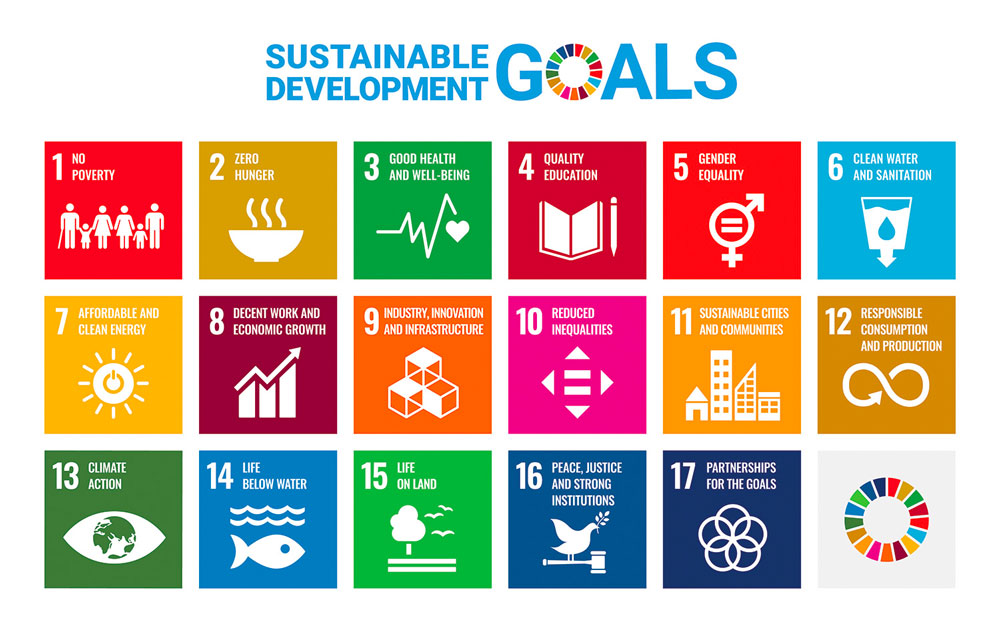As a result of its own actions, humanity is facing enormous challenges. Declining biodiversity, increasing inequality and climate change are global changes that require action both locally and worldwide.
Universities* play a key role in combatting and solving climate change and other crises, creating the required expertise and fostering a safe and stable society. They produce new knowledge and educate future experts and informed citizens. Is addition, universities have the responsibility to act as pioneers and role models not only through social interaction but also through their own responsible practices.
The large scale and urgency of the global challenges ahead of us emphasise the importance of cooperation – what is required is a shared mindset and national and international cooperation.
In February 2019, Universities Finland UNIFI set up a national working group on sustainable development and responsibility to enhance the universities’ sustainability work. The group brings together 14 universities** the National Union of University Students in Finland (SYL) to define the universities’ shared principles, objectives and forms of operation for the promotion of sustainable development and responsibility during 2019 and 2020. The setting of the objectives is governed by the UN’s Sustainable Development Goals (SDGs), Society’s Commitment (Sitoumus2050) and the Paris Agreement, among others.

Parhaiden käytänteiden ja kokemusten jakamiseksi työryhmä järjesti To share the best practices and experiences, the working group organised a boot camp on sustainable development and responsibility in Santahamina in autumn 2019. As a result of the boot camp, a joint pledge was made to set ambitious shared objectives that will drive changes and have a global impact. This pledge has now materialised as the universities’ shared theses on sustainable development and responsibility, presented in this document. More than 400 members of the university community participated in formulating the theses and commenting on them in the UNIFIkeke seminar on sustainable development in September 2020.
A thesis means a statement presented as a topic for a debate or discussion. We therefore hope that the 12 theses presented here will prompt a discussion that will result in a shared mindset for the university community. In addition, concrete actions are required.
The time for rhetoric is over. We need to move from words to action.
* In the theses, universities also refers to the National Defence University.
** The following universities and higher education institutions are members of UNIFI’s working group on sustainable development and responsibility: Åbo Akademi University, University of Vaasa, University of Turku, Tampere University, University of the Arts Helsinki, Hanken School of Economics, University of Oulu, National Defence University, Lappeenranta-Lahti University of Technology LUT, University of Lapland, University of Jyväskylä, University of Eastern Finland, University of Helsinki, Aalto University. Read more (in Finnish): unifi.fi/toiminta/verkostot/
In 2030, Finnish universities’ work on responsibility and sustainable development has been integrated into all their activities, carbon neutrality has been achieved, and universities act as trailblazers of sustainable development and responsibility in Finland and across the world. Universities are pioneers and produce effective solutions in cooperation with society and their partners. Sustainable development is a cross-cutting theme in the strategies of all Finnish universities. The perspectives of sustainable development and responsibility have been integrated into the teaching content and the objectives for research impact. Measures and indicators have been defined for their promotion and sufficient resources have been allocated for this work. In a global society, decision-making is based on the best possible open science.